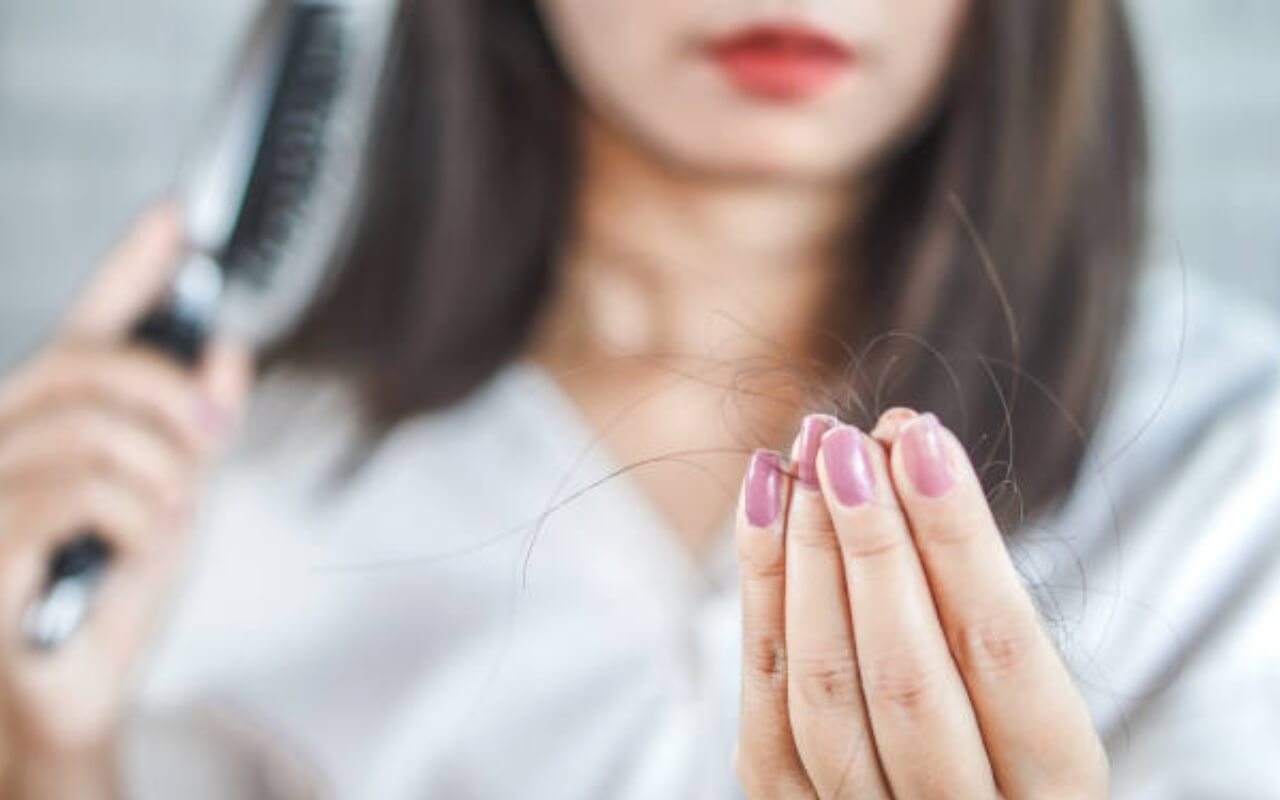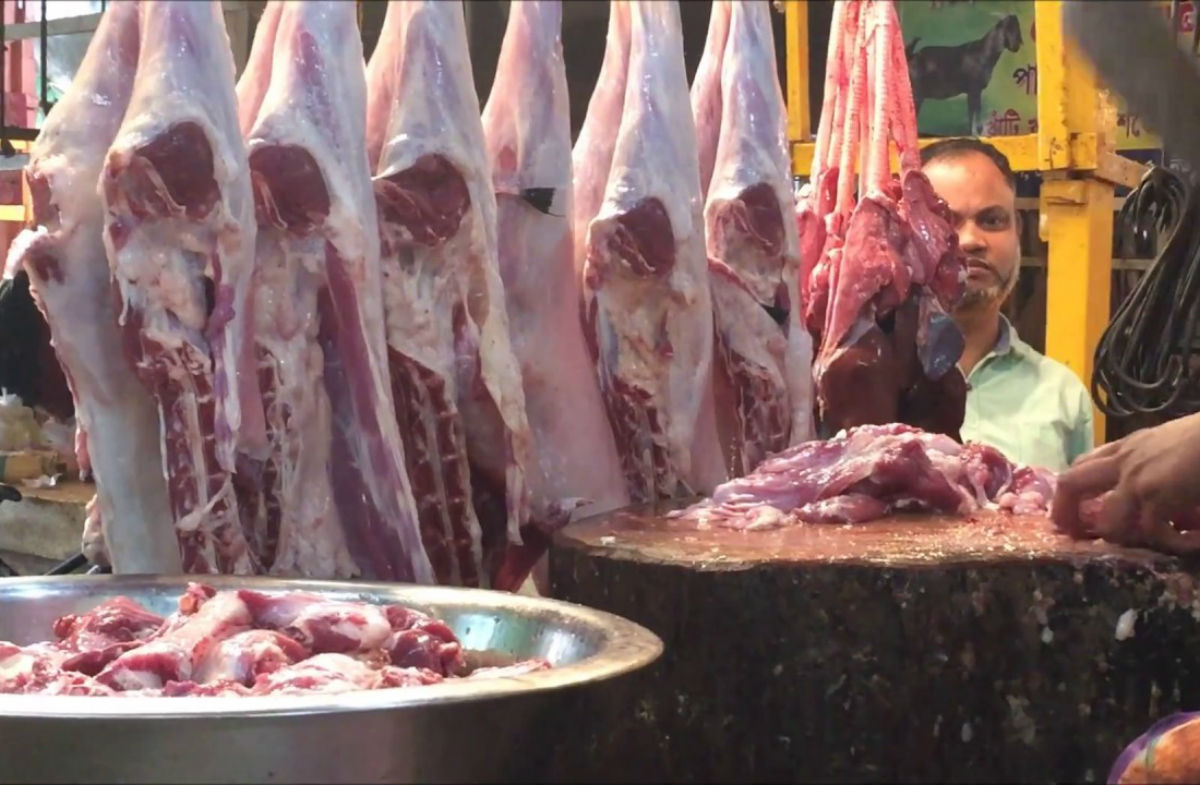“Hair today, Gone tomorrow!” Hair fall has, in the recent years, become a concern of many, with thinning hair or balding setting in at a much earlier age. Is there any connection between your lifestyle and the food you eat and the structure or texture of your hair? Or is hair quality merely dependent on the multiple fancy products available in stores today. Let’s head in and find out!
Hair is one of the fastest growing tissues, growing at a rate of ½ inch per month. Unknown to many, hair is actually dead tissue, the most important function of it being to conserve body heat, thereby insulating against cold. Hair is continually shed and renewed by cycles of growth, rest, fallout, and renewed growth. The average life of hair varies from about 4 months for downy hair to 3 to 5 years for scalp hair. If hair fall is your worry, rule out the obvious reasons that are responsible for it, first:
- Alopecia: is the most common form of hair loss in both men and women. Androgenetic alopecia involves the action of hormones called androgens, which are essential to regulation of hair growth, among other things. The condition may be inherited, and is likely to be related to increased androgen activity. In women, androgenetic alopecia usually starts with thinning at the part lines, followed by increased overall hair loss.
- Hypothyroidism: An underactive thyroid gland leads to initially slow hair loss, and if left untreated, continued hair loss can occur. If hypothyroidism has been a medical concern in the family, it would be wise for you to meet your GP and do a simple blood test to check your T3, T4, and TSH levels. A single tablet can make a world of difference to not only your hair but your entire metabolism too.
- Stress: Physical and emotional stress can both result in hair loss; stress is known to shock the normal hair cycle, pushing more into the shedding phase than the growth phase. While it may be easy for me to shout from the rooftops “Relax!” it can be quite a task to practise the same. However, making the time to calm your mind can do your hormones good, thereby encouraging the hair growth phase.
- Over-styling: When done too often and not treated properly, this can lead to root damage and hair fall. Heat-driven hair styling tools, harsh chemical-induced products, or tightly tied/pinned hairstyles are often bad for the hair over long periods of time.
- Nutritional Deficiencies: A poor diet is often an overlooked cause of follicular challenges, and this is easily corrected with the help of dietary changes. While medicines are the easy way out, natural is the way to go!
Two things to be informed about when we look at the nutrition-hair link:
- Foods/Nutrients that accelerate hair damage
- Foods/Nutrients that promote hair structure and growth
While external products may help to a degree, the worst diet mistakes you could make for your hair are:
- High Glycemic Index Foods: Meals and snacks with a high simple carbohydrate content cause spikes in blood sugar; this results in increased insulin production which, in turn, raises levels of androgen, the male hormone that can make hair follicles shrink in both women and men.
- Too high an intake of Vitamin A: While this nutrient is most essential for hair health, going overboard with it can cause thinning of hair.
- Alcohol: depletes the levels of zinc in your body, and zinc is a necessary mineral for healthy hair and growth. Drinking alcohol also dehydrates you, which can make your hair more brittle.
Whilst you ponder over the reasons for your depleting mane this week and figure out whether you are guilty of the 3 reasons stated above, don’t forget to check-in next week to better understand the hair-diet link and learn about the foods that promote hair structure and growth.


























